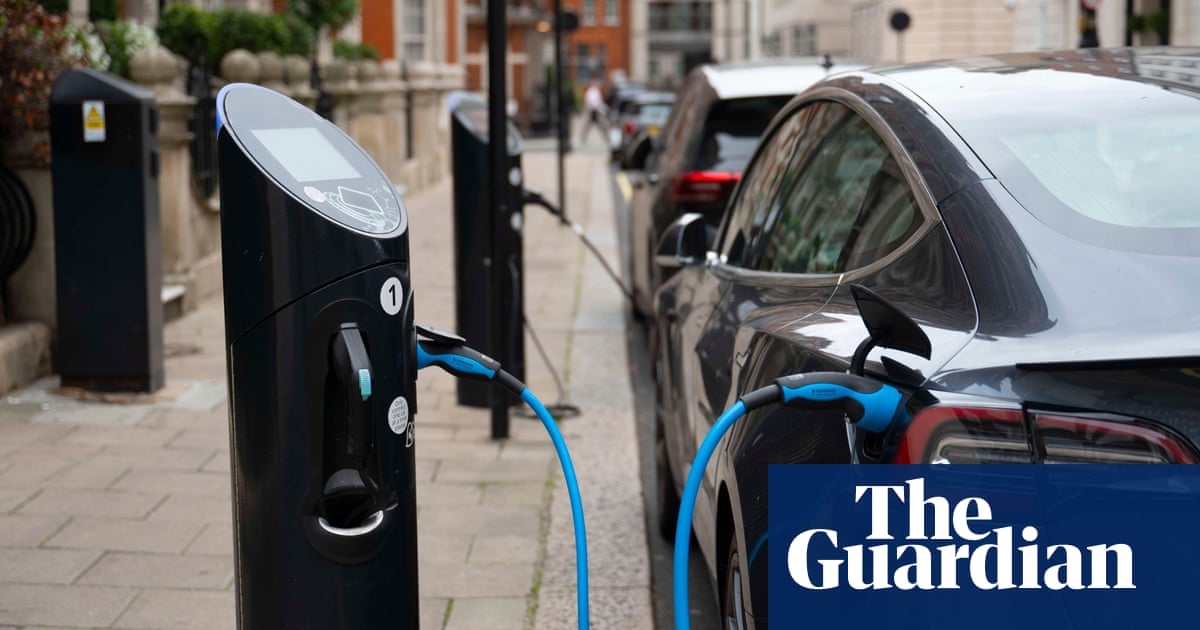
LONDON (Reuters) - Switch Mobility, a unit of Indian commercial vehicle maker Ashok Leyland Ltd, plans production of a ‘global’ electric van around 2024, joining a growing field of companies racing to bring zero-emission last-mile delivery vehicles to market.
The vans will be for sale in developed markets like North America, Europe and Japan, and be produced in Europe, relying on Ashok Leyland’s low-cost Indian supply base, Switch chief executive Andy Palmer told Reuters.
The company also has lower-cost electric vans that will go on sale in emerging markets such as India later this year.
“The benefit is that we understand both sets of markets (developed and emerging) and it’s well known that India is one of the cheapest sources of parts,” said Palmer, also formerly head of British luxury car maker Aston Martin. “This allows us to source parts from India where it makes sense to do so.”
Ashok Leyland, India’s largest bus maker, recently formed British-based Switch, which includes parts of British bus maker Optare, to handle all of its global electrification efforts.
Switch electric buses are already on the roads in London and it is also working on a new model.
Tougher CO2 emission targets and looming bans on new fossil-fuel vehicles, combined with soaring e-commerce during the pandemic and corporate sustainability goals have fuelled a race to develop new electric vans. While they are cheaper to run than their fossil-fuel equivalents, high battery costs mean such vans cost more up front.
Aside from startups like Britain’s Arrival and U.S. firm Rivian, established manufacturers like Ford Motor Co are busy developing electric vans.
In an investor presentation on Wednesday, Ashok Leyland said it expects the global electric delivery van market to grow to $55 billion in 2030 from $4 billion in 2020.
Switch’s vans for developed markets will come in a variety of sizes and the company will also offer a subscription model where customers can pay by the mile or kilometre.
“Companies are deterred from buying electric vehicles today because of the initial capital expenditure,” said Ashok Leyland chairman Dheeraj Hinduja. “But offering mobility as a service where you pay by the kilometre will be a major differentiator.”
Reporting By Nick Carey; Editing by Kirsten Donovan
Our Standards: The Thomson Reuters Trust Principles.












